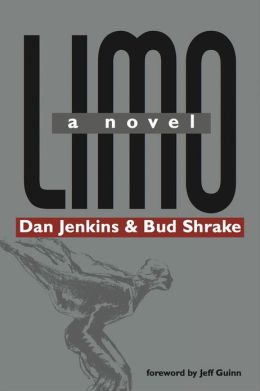If you’ve ever been in a hurricane, you know how scary that
experience can be. As a former resident of Louisiana, I also know how regular
and sometimes harmless hurricanes can appear. I have vivid memories of friends
praying for what we called a “hurrication,” a free vacation from school because
of a category 1 or 2 hurricane that might knock out a power line or two. These
were always the best vacations; however, sometimes these hurrications weren’t
worth the damage.
I remember when my father had to
stay in Lake Charles- my hometown- because my grandparents refused to leave
their home during a particularly bad storm – Hurricane Ike. Even when the
governor issues a mandatory evacuation, some people refuse to leave their
homes. This made me particularly nervous, because though Ike hadn’t caused much
wind damage, water from the lake and the surrounding rivers was beginning to
rise. My grandparents’ home remained untouched, fortunately, but others weren’t
so lucky.
My own family only lost one or two
shingles from our roof, and despite the fact that we lived so close to the
water, our house had received no water damage. But the home of a friend of
mine, who lived three minutes down the road from us, had six feet of water
damage. This was the second time their home had been flooded. Luckily this time
they had flood insurance. Her family lived in her aunt’s pool house for about a
year while they filed paperwork, gutted the home, and rebuilt the first story.
These are only a few stories that I
have in my bank of memories concerning hurricanes. Because of this, it was only
too real when I read Thomas Zigal’s new novel Many Rivers to Cross, a fictional narrative about the happenings in
New Orleans after the levees broke during Hurricane Katrina. Based on extensive
research, Zigal’s new novel explores the horrors of a drowning city as told
through one family’s struggle for survival. Teeming with suspense, loss, and
hope, Zigal’s story is one that will captivate readers with its genuine scenes
of struggle balanced by Zigal’s lively sense of humor.
by Hannah Hughes, intern




